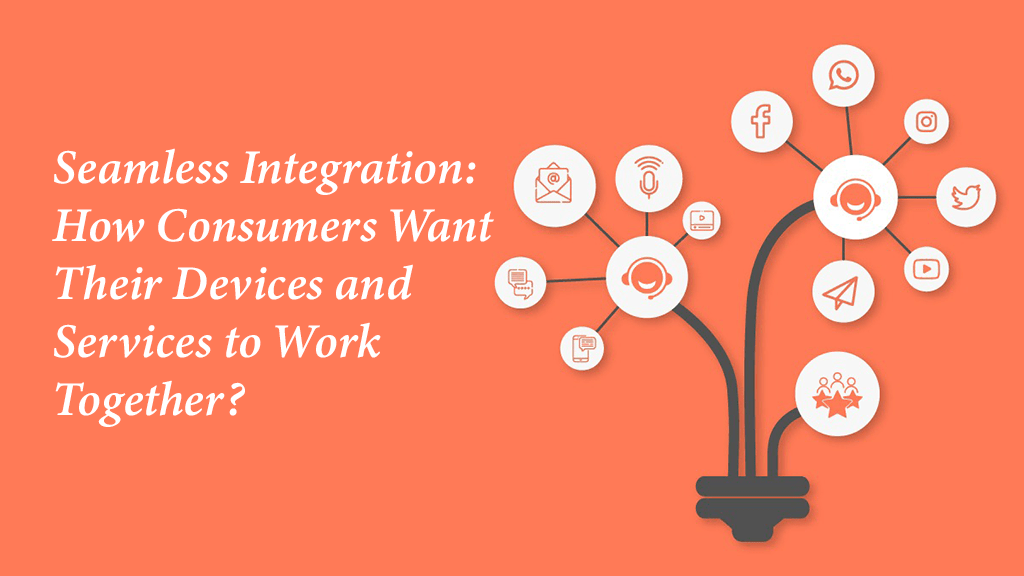Enhancing IT security with Artificial Intelligence:Emerging Trends and Challenges

In this modern world, technological advancements certainly allow us to stay associated but it also raises security concerns. With the increase in the number of security breaches and growing complications of those cyber-attacks, the traditional measures of cybersecurity are not enough for combating the attacks. Thus, cyber experts are accepting emerging AI trends for increasing IT security as one of the best solutions.
Artificial Intelligence is revolutionizing IT security by offering the best tools for the detection and prevention of cyber threats, protecting sensitive data, and increasing safety.
AI has the potential to enhance IT security through automating and mitigating threat detection and enhancing incident response times. But on the other hand, there are numerous challenges to AI integration with cybersecurity systems. As a result, it enhances the requirement to analyze the interaction between AI and IT security now and in the future.
Important components of AI for enhancing IT security
AI provides huge potential for strengthening defense methods, detecting threats, and allowing fast incident response. Three important components of AI are specifically useful in IT security.
Natural Language Processing or NLP for extracting context
NLP analyses and understands human language, allowing machines to comprehend and respond to texts. This helps analysts to save time, and address risks.
Machine learning for data-driven security processes
Machine learning enables computers to learn from data and make relevant predictions without programming. By associating and listing data from various sources, it makes sure the required information reaches the systems and teams, allowing efficient security actions.
Generative AI for detecting threats
Generative AI uses deep learning to create real content, helping in recognizing and detecting malicious software.
How does artificial intelligence benefit IT security?
Monitoring network traffic: AI effectively monitors the transmission of data between an organization and stakeholders. It protects private data from illicit access and threats that go unnoticed by cybersecurity experts.
Detection of indefinite threats
AI has the potential to identify and mitigate illicit attacks on digital assets, which is difficult for the professionals of cybersecurity. By detecting, it prohibits harmful data from entering the organization’s network and in threat prevention.
Consistent learning
AI increases their abilities with their features for consistent learning by recognizing patterns, keeping them organized and actively responding to important safety issues.
Automation of repeating processes
Integration of AI systems helps in automating security protocols which lessens the risk of exposing networks because of human mistakes.
Complete security
AI offers all-inclusive security to your digital assets by effectively managing several threats at a time and making sure there is a proactive and right response to various threats.
Increased endpoint safety
Artificial intelligence helps in addressing various challenges that big corporations experience because of several devices being attached to their network. It offers strong protection against malware as well as ransomware through authorized signatures.
Effective handling of data
AI helps in the effective management of huge data that flows through an organization’s network, making sure there is full scanning and scrutiny that excels human abilities.
Prediction of risk
AI systems help in processing inventory and assessing IT assets, allowing organizations to predict and prepare for potential cyber threats.

Emerging AI trends in enhancing IT security
Automated cybersecurity system: With this trend, detection, response, and mitigation of threats without human interference is possible. This system will make use of AI for making real-time decisions thereby removing the potential presented by human participation.
AI supportive threat intelligence
AI will play an important role in threat intelligence, by handling huge amounts of data for recognizing rising threats and susceptibilities. This facilitates organizations to stay ahead of cybercriminals by making the defenses strong.
Encryption method for preventing quantum attacks
Quantum computing is emerging as a threat to ongoing encryption standards. However, AI can play an important role in the development of new methods of encryption that are resilient to quantum attacks.
Augmentation of IT security workforce
Even though AI can’t replace human experts it can enhance their abilities. AI tools will help the analyst in scrutinizing huge data volumes, allowing them to focus more on planned tasks and making decisions.
Automation of safety measures for identity and access management
With zero-trust safety frameworks, identity and access management is more crucial than before. These need all users of the network to be authentic, validated, and authorized. By integrating AI, a huge amount of human labor will decrease because of automations. AI can scrutinize and analyze the activities of users, power oversaw algorithms, and unverified learning.
AI will increase regulatory compliance measures
AI can leverage regulatory rules and needs data through complicated networks. It is a rapid, safer defiance method when compared with manual searching processes. Enterprises can make use of AI to keep track of regulatory agencies all over the world for monitoring and maintaining compliance.
Integration of AI with IT security: Challenges
Even if AI can play an important role in enhancing IT security, there are many challenges in association with the whole process. Here are a few of them:
Oppositional attacks
These attacks involve the manipulation of AI algorithms by providing them with misleading information or specially created data. It can lead AI systems to categorize malicious activities as benign thus turning the assets protector against the system.
How to contradict these challenges? Contradicting such tactics requires constant vigilance and keeping AI models updated.
Concerns on data privacy
The efficiency of AI relies largely on huge amounts of data. Some of the datasets might have sensitive information and when this data is mishandled it causes substantial privacy concerns.
How to rectify this challenge? To address these challenges, strong measures such as encryption for protecting data both in transit and at rest, strict controls for accessing sensitive data, and also data anonymization for de-recognizing data utilized in AI training.
AI preferences
AI algorithms take over biases that are available in their training data. In IT security, this can result in discrimination or overlooking of specific threats, thereby propagating the inequalities that IT security pursues to mitigate.
How to mitigate this challenge? For mitigation of this challenge, careful curation is important. This includes the selection of various datasets that perfectly represent varied demographics and situations that AI might encounter.
Conclusion
Artificial intelligence is rising as an efficient tool for combating complicated IT security challenges. AI can automate the detection of threats and the process of response through machine learning and several other emerging AI trends that can surpass old software-driven methods in combating cyber-attacks. But at the same time, the industry has to rectify the challenges that come with AI driven cybersecurity.


Seamless Integration How Consumers Want Their Devices and Services to Work Together
July 17, 2024 Read More

